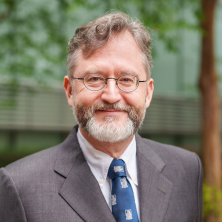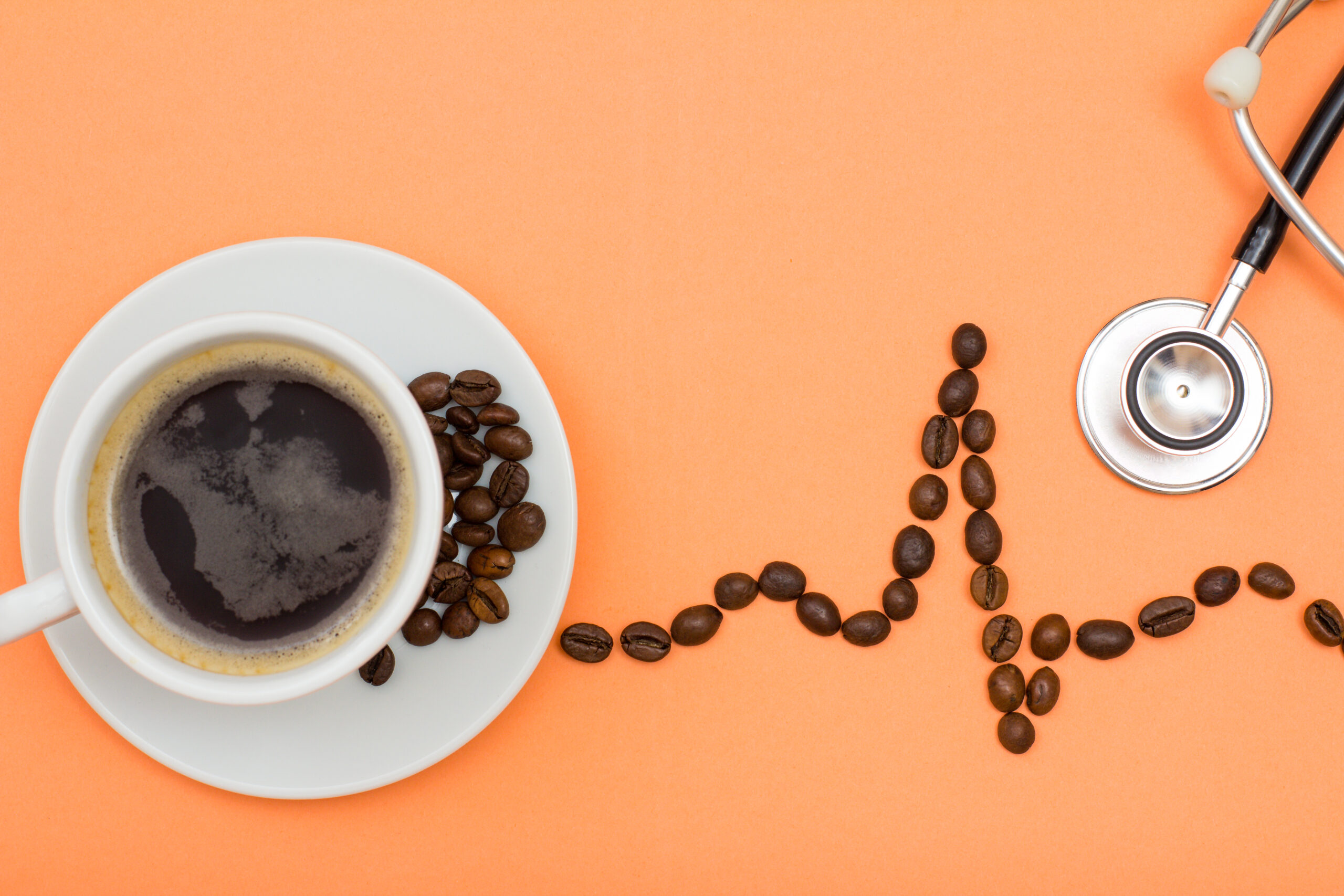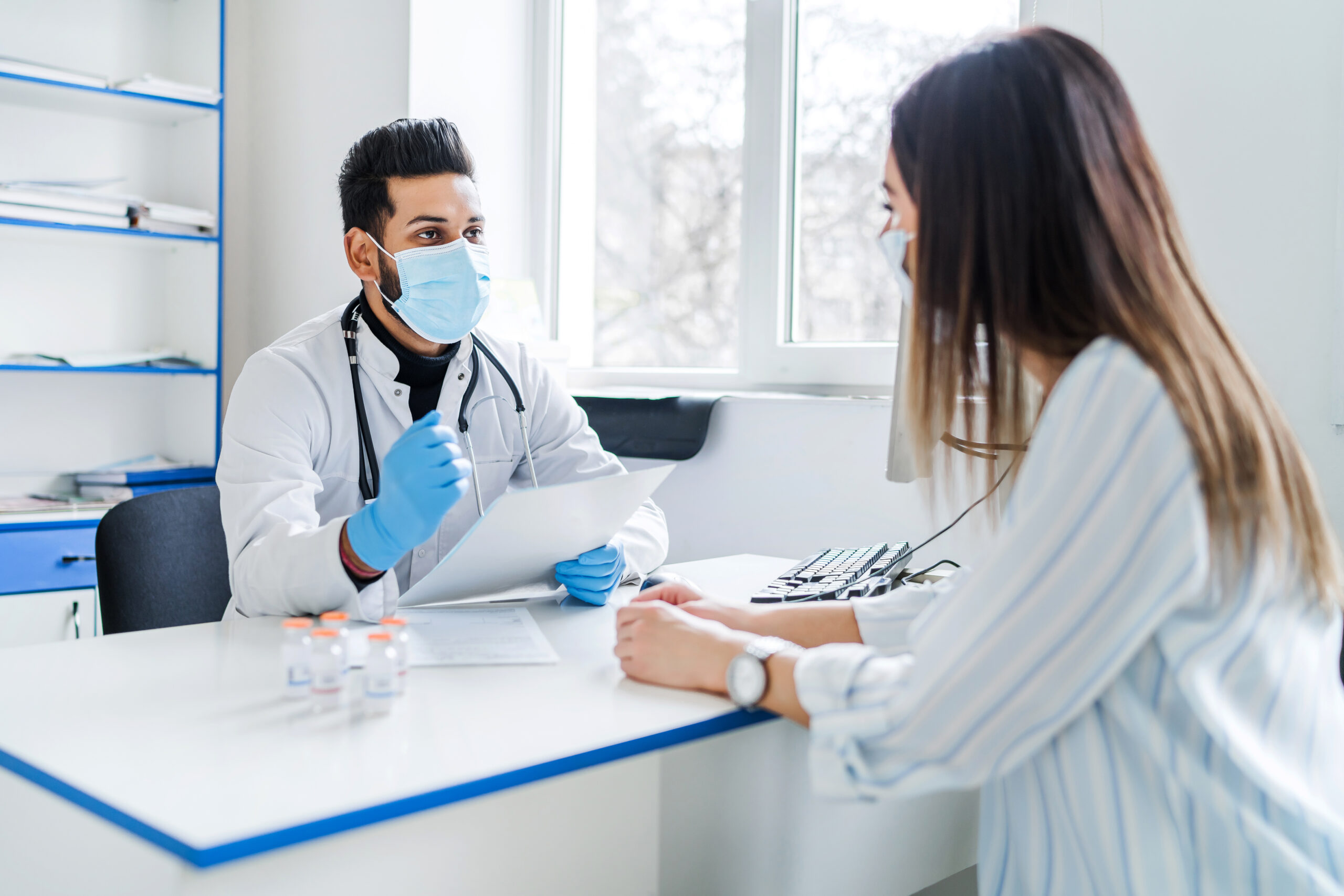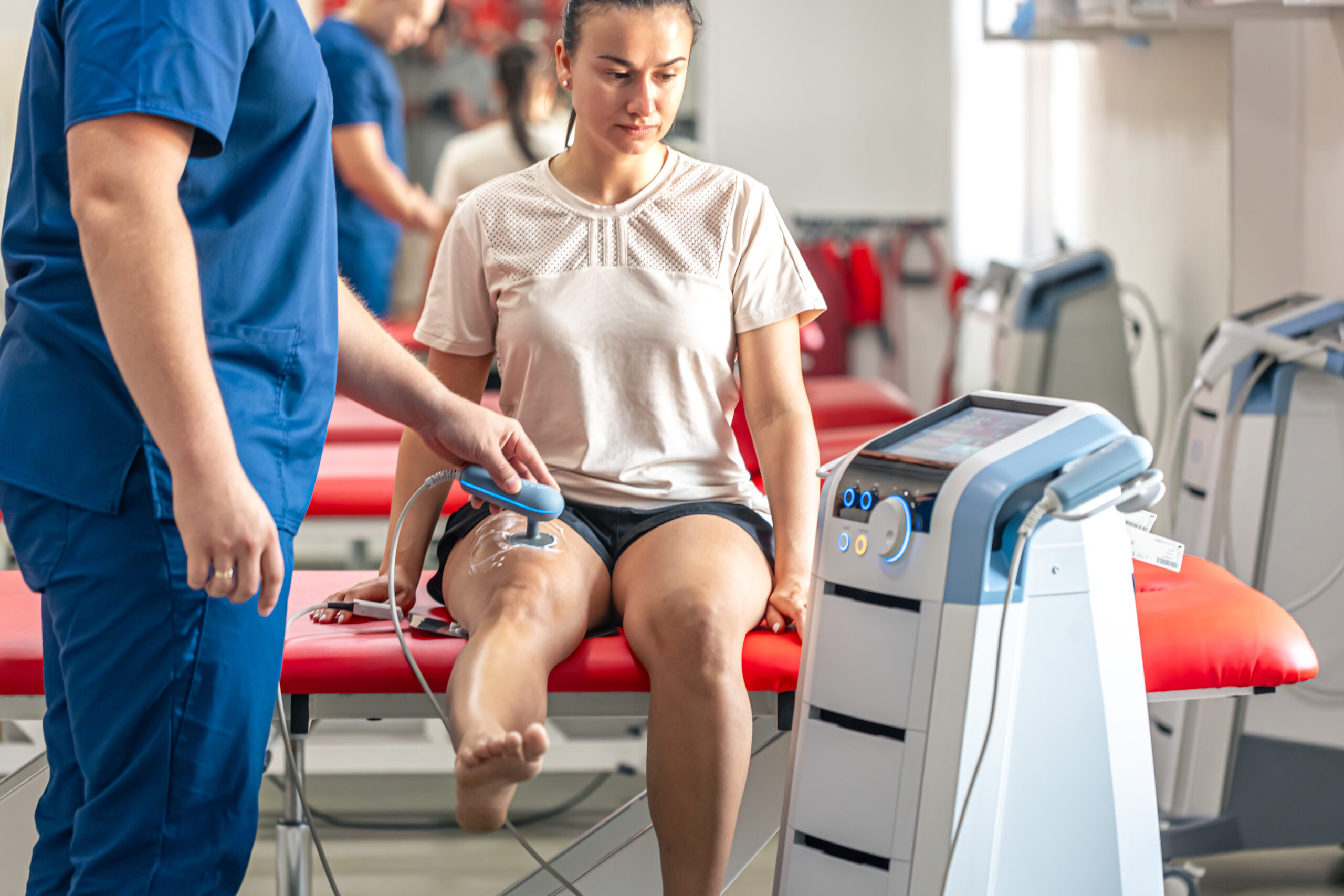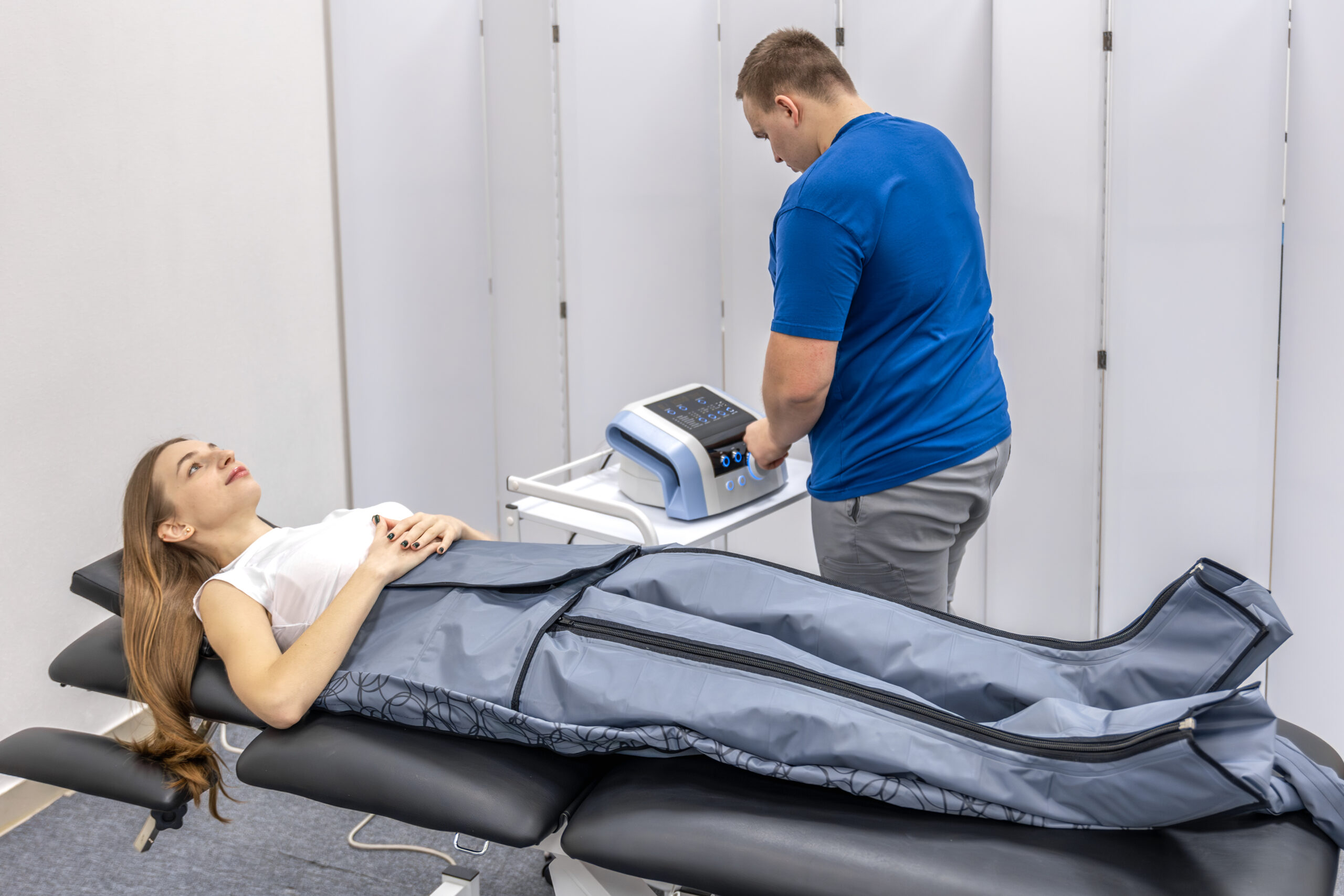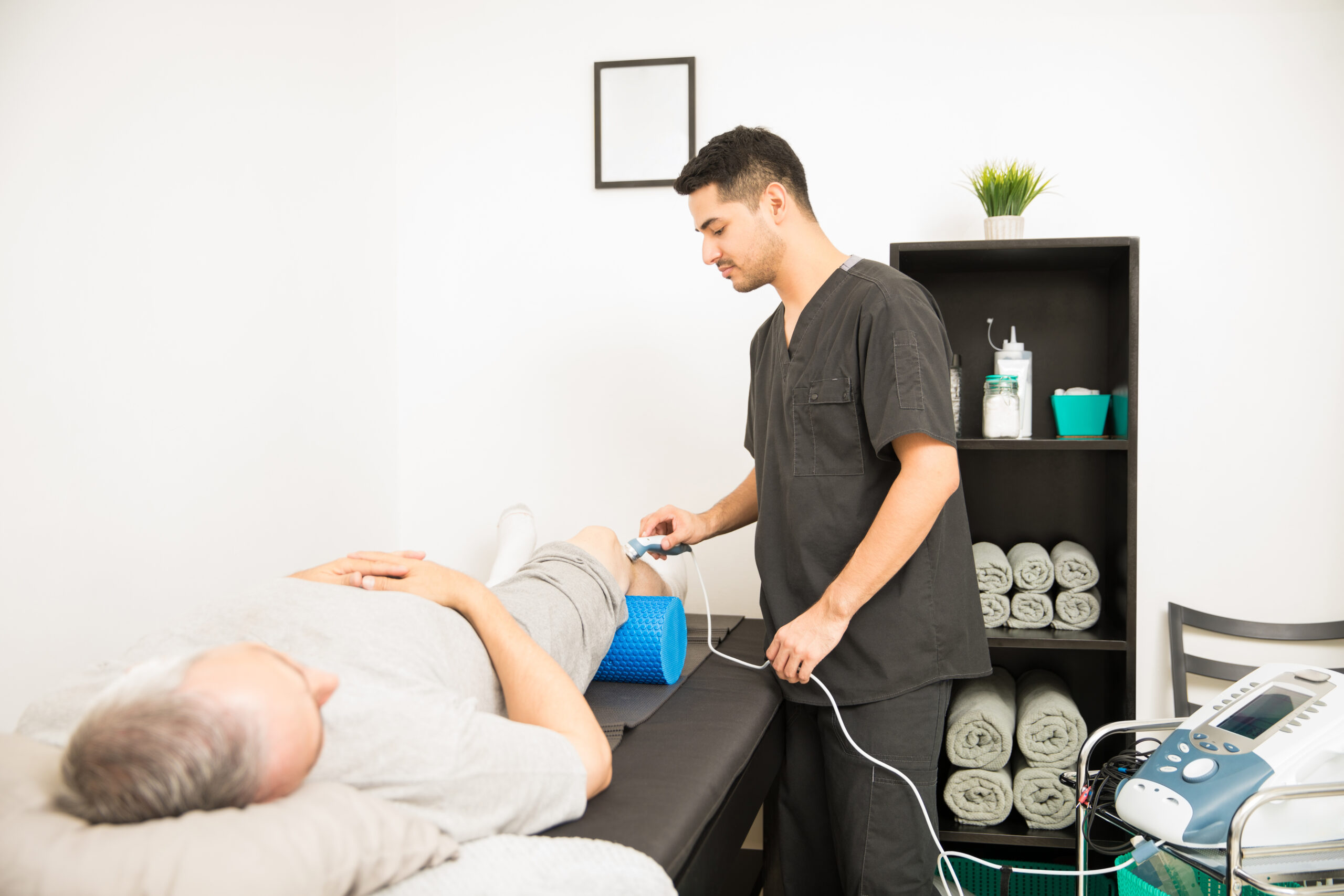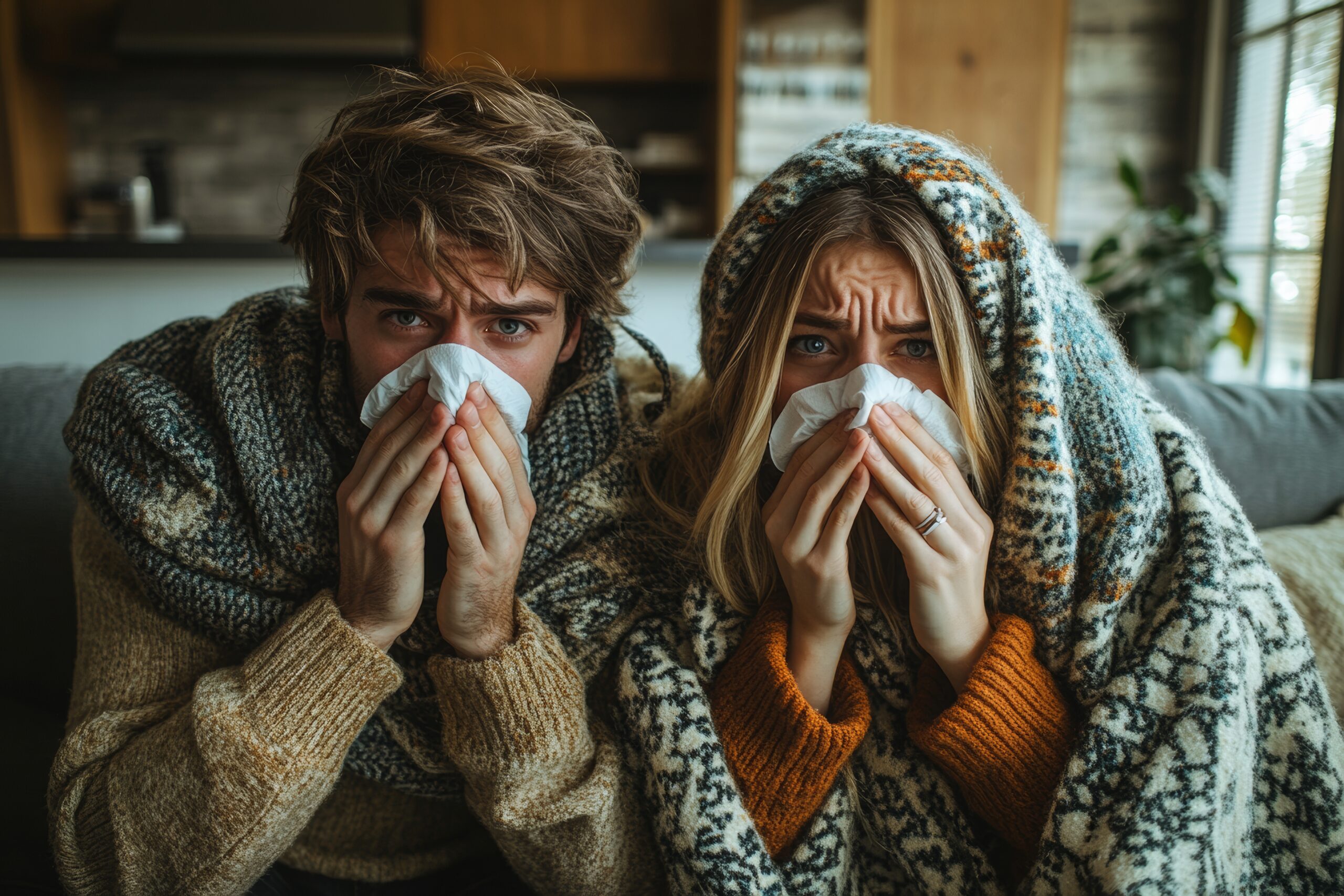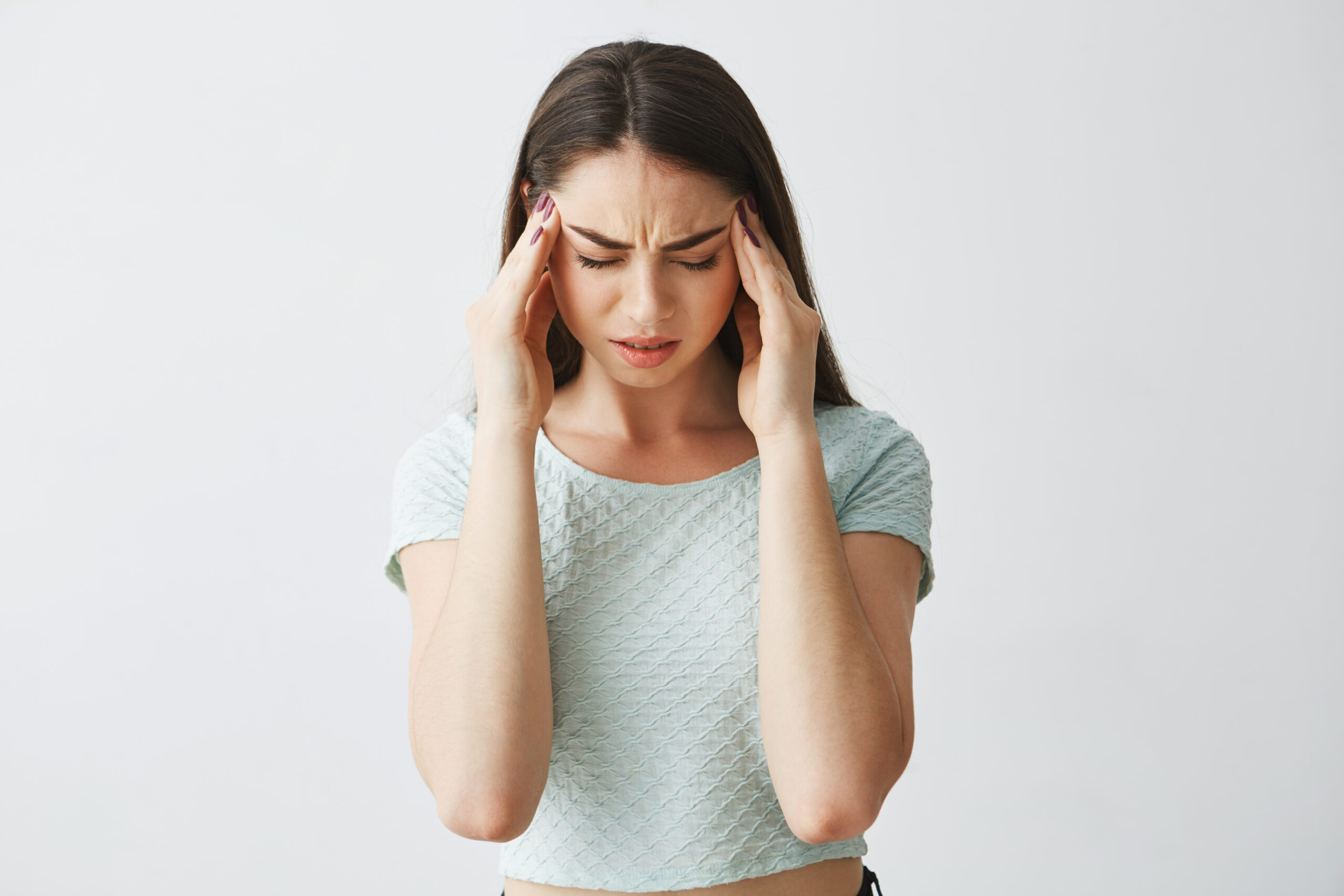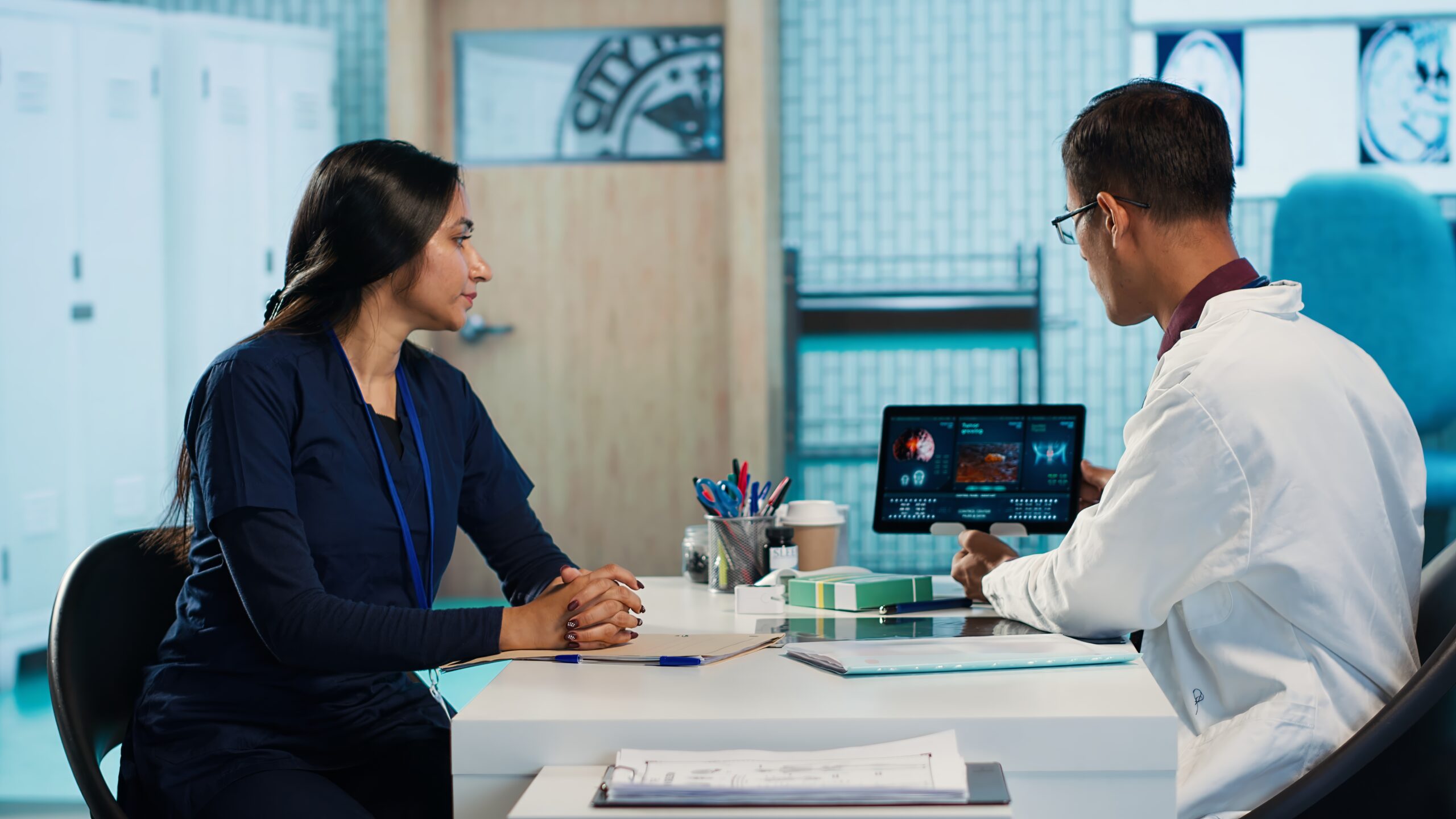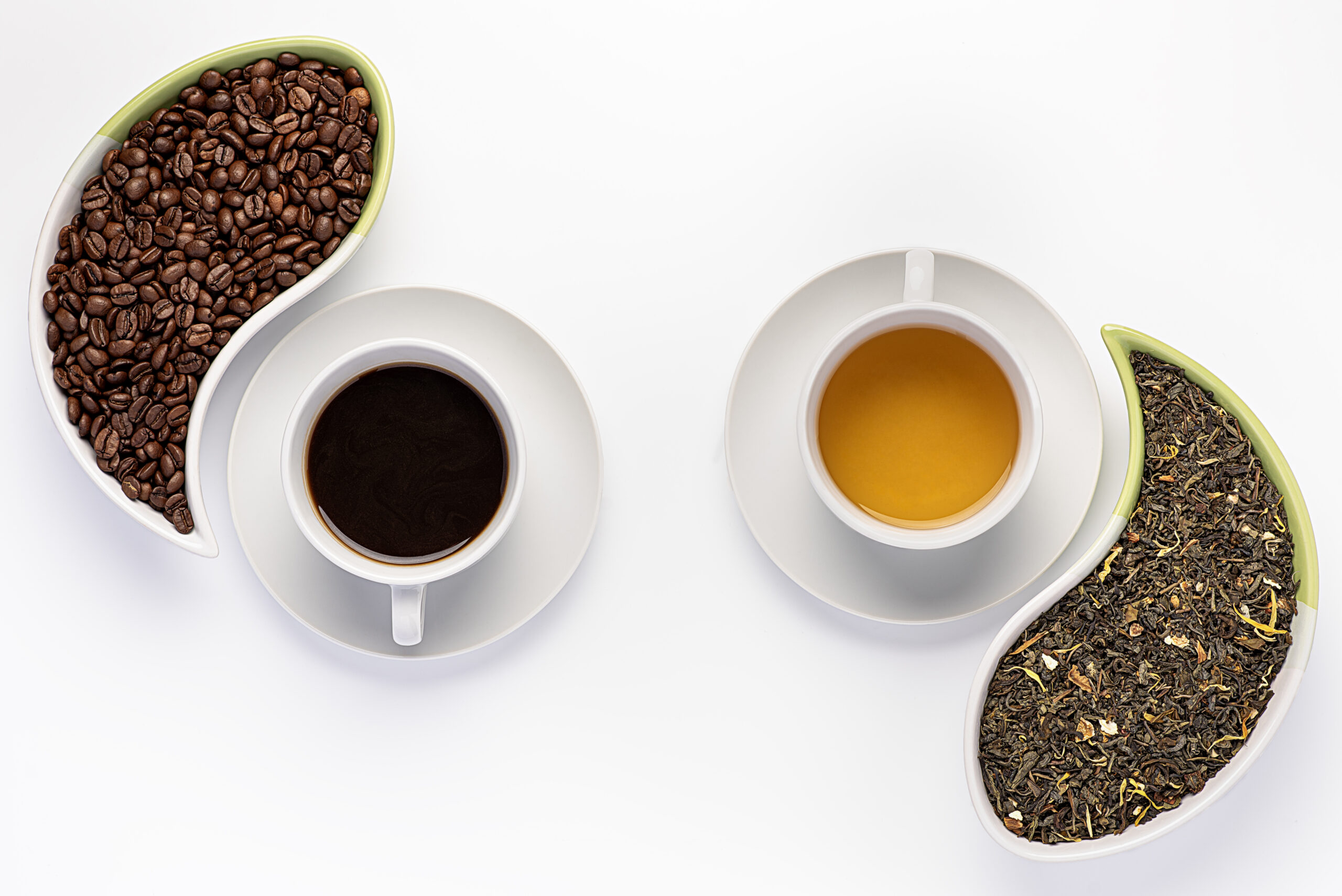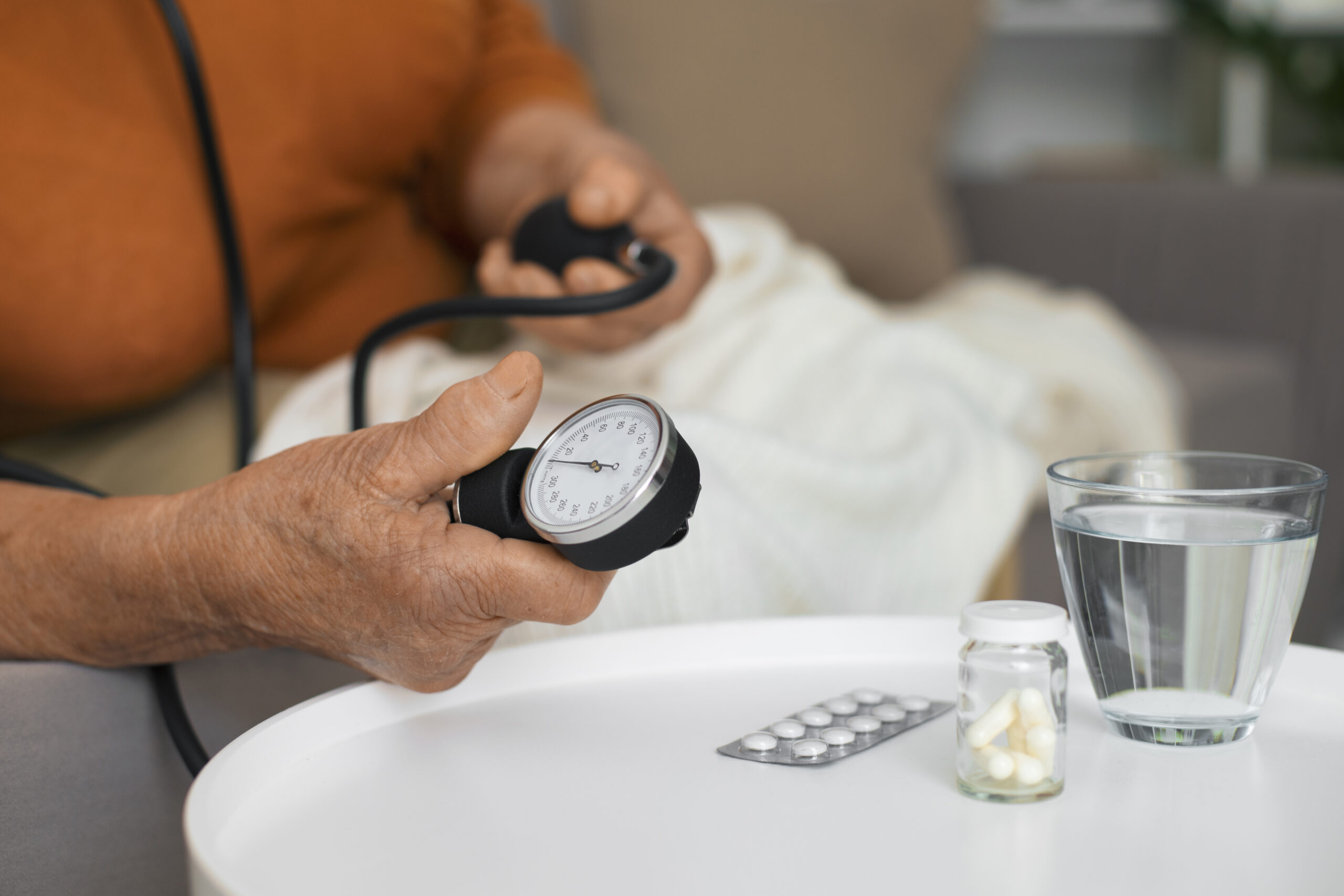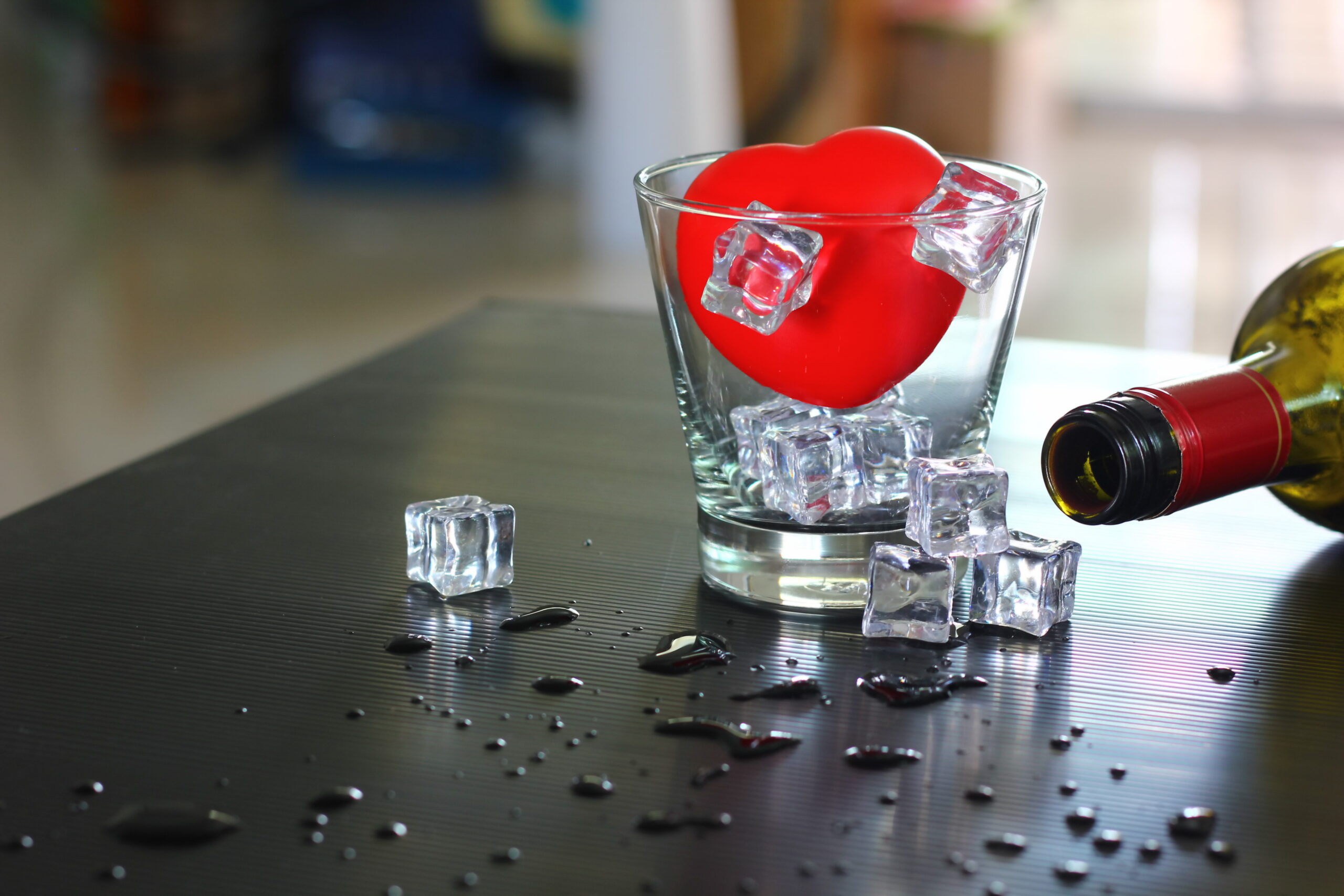Caffeine is part of everyday life for people in Singapore—morning kopi, afternoon tea, weekend café hopping, or the occasional energy drink during late-night work. But while most people enjoy the boost, a hypertension specialist doctor often sees another side of the story. Caffeine can temporarily raise blood pressure and, in some individuals, trigger sharper spikes than expected. Understanding how caffeine affects your cardiovascular system can help you make safer choices, especially if you already have high blood pressure or are at risk.
If you’ve ever felt your heart beat faster after a strong cup of coffee or noticed your blood pressure climbing after bubble tea, you’re not imagining it. Caffeine interacts with your nervous system, your hormones, and even your blood vessels. This article breaks down how it all works and when to seek help from a specialist in Singapore.
How Caffeine Works Inside the Body
Caffeine acts as a stimulant. It works by blocking adenosine, a chemical in the brain that promotes relaxation. When adenosine is suppressed, your brain becomes more alert, and your nervous system becomes more active.
This triggers a chain of reactions:
- Your adrenal glands release adrenaline
- Your heart rate may increase
- Your blood vessels temporarily tighten
- Your blood pressure rises
Most healthy adults tolerate this rise without any problem. But for people with hypertension, pre-hypertension, or a family history of heart disease, these temporary spikes can add unnecessary strain on the heart.
A hypertension specialist doctor often asks patients detailed questions about caffeine habits because even mild or moderate coffee intake affects some individuals more strongly than others.
Why Caffeine Affects People Differently
Not everyone responds in the same way to caffeine. Several factors determine your reaction:
1. Genetics
Some people have a genetic variation that causes slower caffeine metabolism. These individuals feel jittery even with a small cup of coffee and may see a sharper rise in blood pressure.
2. Daily Consumption
Regular coffee drinkers may build tolerance, meaning their blood pressure doesn’t rise as dramatically. But this doesn’t mean caffeine has zero effect.
3. Stress Levels
High stress, poor sleep, and long working hours—common among Singapore professionals—can amplify caffeine’s effect.
4. Underlying Conditions
People with hypertension, anxiety, thyroid disorders, or heart rhythm issues tend to be more sensitive to caffeine.
A specialist at a hypertension clinic in Singapore often evaluates all these factors when advising patients.
Short-Term Blood Pressure Spike: What Really Happens
Research shows that caffeine can raise systolic blood pressure by 5–10 mmHg within 30 minutes of consumption. In sensitive individuals, the rise may be even higher.
This temporary spike happens because caffeine:
- Narrows blood vessels
- Increases heart rate
- Stimulates the central nervous system
- Raises adrenaline levels
For someone with normal blood pressure, this is usually harmless. But for someone already at the borderline, these repeated spikes may gradually increase long-term risk.
Long-Term Effects: Does Coffee Cause Hypertension?
This is a common question. Current research shows:
- Moderate coffee intake (1–2 cups per day) usually does not cause chronic hypertension.
- Heavy intake (4–5 cups or more per day) may increase long-term risk, especially in slow caffeine metabolisers.
- Caffeine from tea, bubble tea, sodas, and energy drinks can also affect BP—not just coffee.
A hypertension specialist doctor usually advises patients with existing high BP to track their readings before and after caffeine intake for a week. This reveals whether caffeine sensitivity is contributing to unstable readings.
Caffeine in Singapore: A Growing Concern
Caffeine intake in Singapore is not limited to kopi and espresso. People often forget how much caffeine they’re actually consuming.
Here are common hidden sources:
- Milk tea & bubble tea (40–100 mg caffeine)
- Matcha drinks (60–80 mg)
- Soft drinks like cola (30–50 mg)
- Chocolate snacks (10–40 mg)
- Energy drinks (up to 160 mg)
With a busy lifestyle, many residents unintentionally cross safe limits. When this happens daily, the cardiovascular system remains under constant stimulation.
Safe Caffeine Limits for People with High Blood Pressure
For most healthy adults, up to 400 mg per day is safe. That’s roughly:
- 2 strong coffees
- OR 3–4 cups of tea
- OR a mix of caffeine from different sources
But for someone with hypertension or heart concerns, a safer range is 200–250 mg per day, and even less if they are sensitive.
A hypertension clinic in Singapore will often tailor this advice based on age, health history, stress levels, and caffeine tolerance.
How to Check If Caffeine Raises Your BP
A simple home experiment recommended by specialists:
- Check your BP before drinking coffee or tea.
- Drink your usual caffeine beverage.
- Check your BP again after 30 minutes and after 1 hour.
- Track this for 5–7 days.
If you see a rise of more than 5–10 mmHg consistently, caffeine sensitivity is likely.
In such cases, a hypertension specialist doctor may advise reducing caffeine or switching to decaffeinated options.
When to Reduce or Avoid Caffeine
Caffeine reduction is especially important if you:
- Have uncontrolled hypertension
- Experience palpitations
- Get headaches after coffee
- Feel jittery or anxious after drinking tea or soft drinks
- Have kidney problems
- Are on certain medications
Listening to early signs helps prevent long-term complications.
When to See a Hypertension Specialist Doctor
You should seek specialist care if:
- Your BP stays above 130/80
- You experience regular spikes after caffeine
- You have dizziness or chest discomfort
- You consume heavy caffeine daily and feel dependent
- You have a family history of heart disease
A hypertension specialist doctor will assess your heart health, caffeine sensitivity, and lifestyle patterns to guide you safely.
A Gentle Call to Action
If you suspect caffeine is affecting your blood pressure or if your readings have been fluctuating, don’t ignore it. A consultation with an experienced hypertension specialist doctor in Singapore can help you understand your cardiovascular risks clearly. Early guidance ensures safer caffeine habits, better BP control, and long-term heart protection.
Frequently Asked Questions (FAQs)
1. How fast does caffeine raise blood pressure?
Usually within 30 minutes. The effect may last 1–3 hours depending on your metabolism and sensitivity.
2. Does tea raise BP as much as coffee?
Tea contains less caffeine, so the spike is milder. However, strong milk tea and bubble tea can still cause noticeable increases.
3. Should people with hypertension avoid caffeine completely?
Not always. Most can have small to moderate amounts. A specialist will determine your safe limit.
4. Can caffeine trigger heart palpitations?
Yes, especially in sensitive individuals or those with existing heart rhythm issues. A check-up is advised.
5. Is decaf coffee a safer option?
Yes. Decaf contains very little caffeine and reduces the risk of sudden spikes.
6. Does sugar in coffee or tea affect blood pressure too?
Sugary drinks contribute to weight gain and insulin resistance, which indirectly raise BP.
7. Are energy drinks worse for BP?
Yes. They contain high caffeine and added stimulants, causing sharp BP and heart rate increases.
8. How much is too much caffeine for someone with hypertension?
Generally more than 200–250 mg per day. Individual limits vary.
9. Can lifestyle changes reduce caffeine sensitivity?
Improved sleep, hydration, and stress management often reduce sensitivity.
10. How do I choose the right hypertension specialist doctor in Singapore?
Look for experience in cardiovascular health, patient-focused communication, and a clinic that offers BP monitoring and metabolic screenings.

